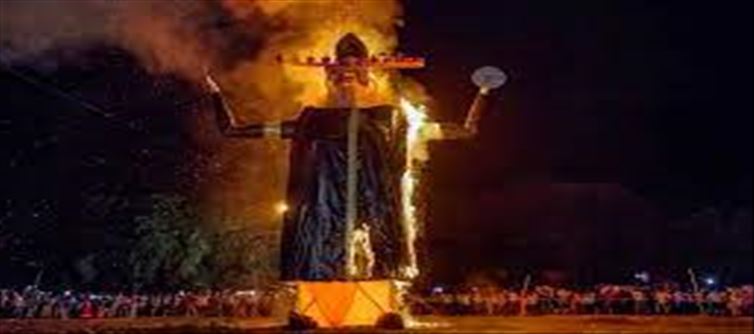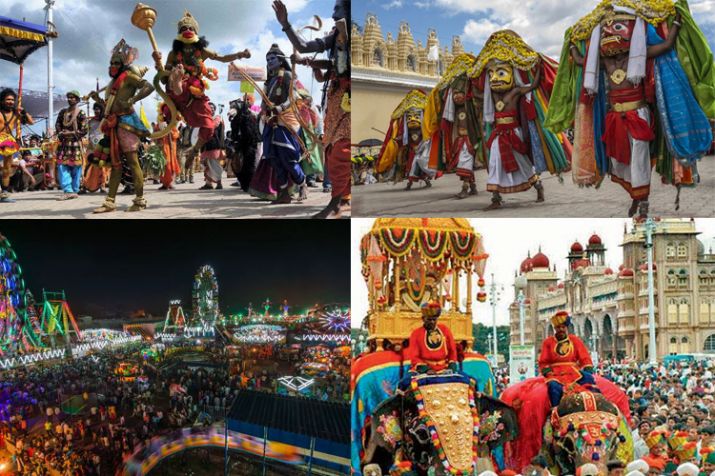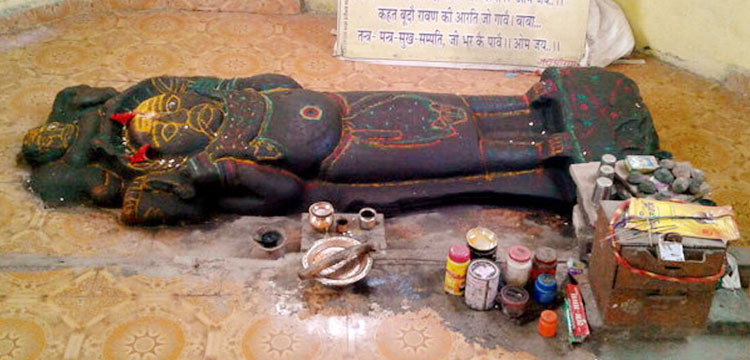
Dussehra: Why people not burning Ravana's effigy?
During the nine days of navratri in india, Ramlila and the stories of Lord Shri ram are organized at different places. During the nine days of Ramlila, artists perform scenes from the life of Lord Shri ram on stage. After this Ramlila of nine days, the festival of dussehra is celebrated. On this day Lord Rama conquered Lanka by killing Ravana, hence dussehra is considered a symbol of good over evil. On the day of dussehra, effigies of Ravana are burnt at different places in india in dussehra fairs but do you know that there is such a place in india where the effigy of Ravana is not burnt, but the procession of Ravana is taken out?
We have been hearing and seeing about Ravana combustion in india since childhood, but if you have been surprised by the procession of Ravana instead of burning it, then we tell you that for years in Kolar, karnataka state of South India. The effigy of Ravana is not burnt, but here Ravana is worshipped for nine days of Navratri. During this procession, Ravana is taken out. In Kolar, karnataka, dussehra is celebrated as a festival of harvest worship, it is known as Lankeshwar Mahotsav.

There are many folk tales behind the worship of Ravana in Kolar. Lord shiva is worshipped in Kolar and Ravana was a great devotee of Lord Shiva. It is believed that is why people worship Ravana too. However, the reason behind not burning Ravana, people believe that if you set the effigies on fire, there will be a danger of burning the crop.

There is a huge temple of Ravana in karnataka and there is also a temple of Ravana in Malavalli.




 click and follow Indiaherald WhatsApp channel
click and follow Indiaherald WhatsApp channel